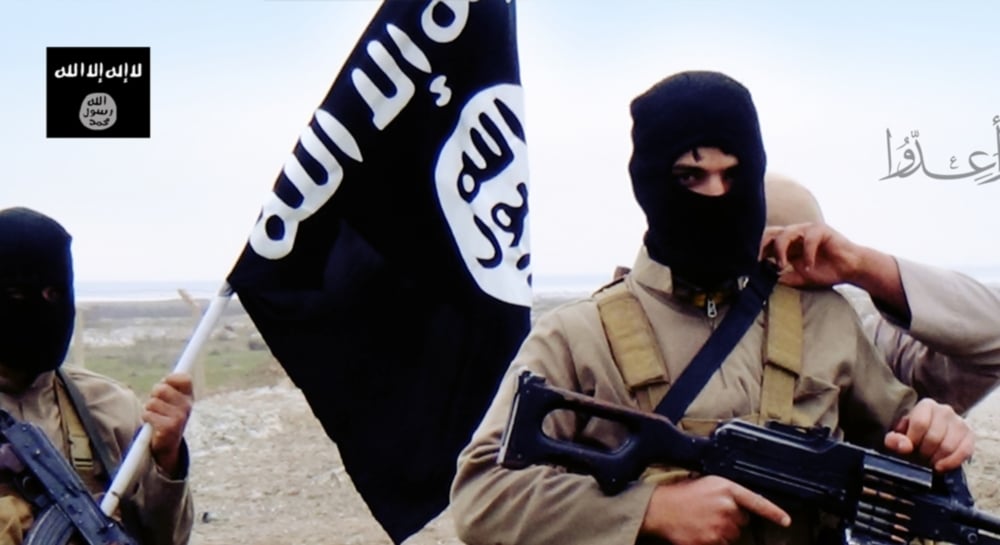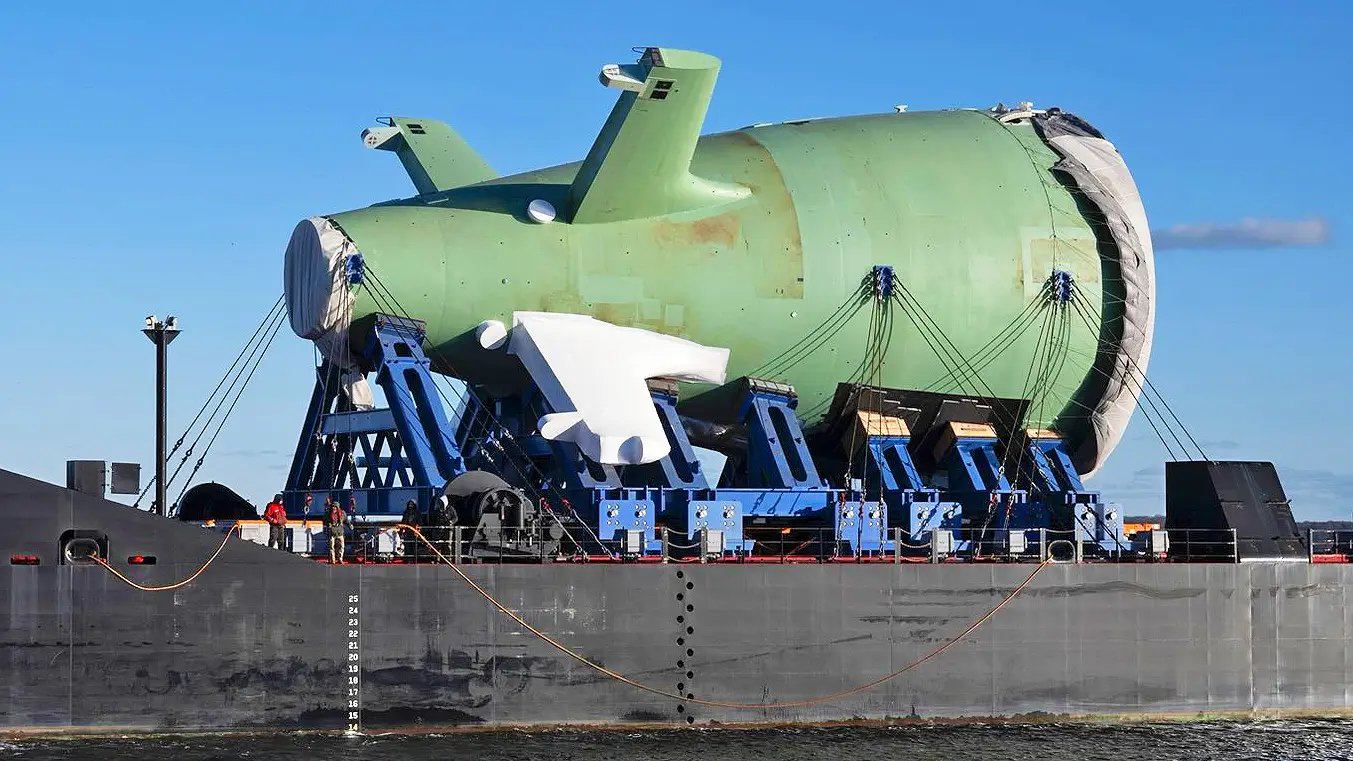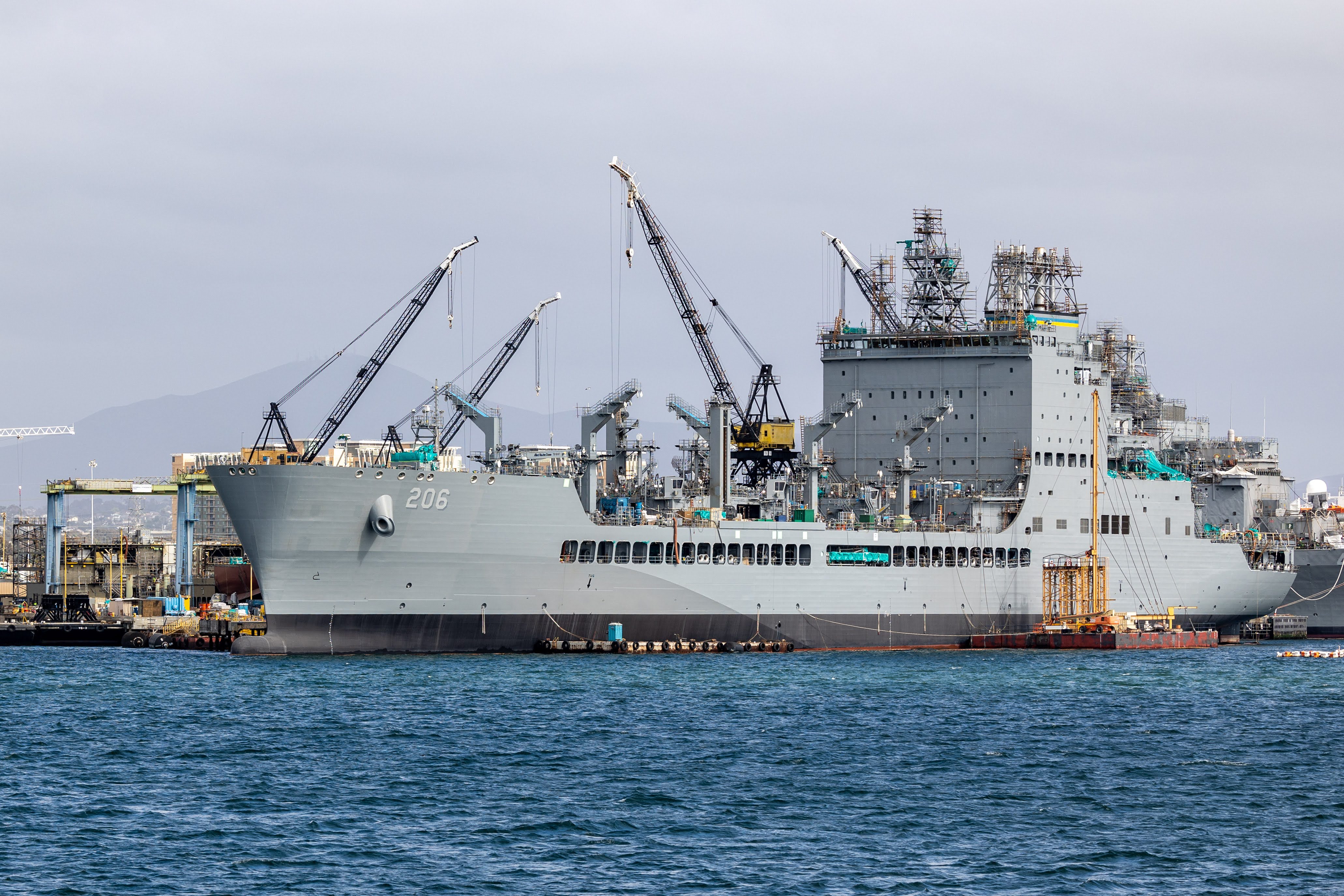
Grinding the Islamic State “out of its holes will take longer . . . than taking Ramadi” or any city, such as Raqqa in Syria, or Mosul in Iraq, because ISIS fighters believe they “are surviving,” even if driven underground, Robert Ford, former ambassador to Syria, told the House Armed Services Committee Tuesday.
The Islamic State fighters believe they have experience in doing that “and will do it again.”
Michael Morrell, former acting director of the Central Intelligence Agency, added that followers of the Islamic State are convinced “Allah has chosen them personally to prepare for the coming of the Mahdi [the prophesized redeemer] . . . and the end of the world is coming. It’s exactly what the al Qaeda leadership believes,” but al Qaeda did not proclaim a caliphate—in large part because it does not hold territory.
He said in addition to resembling a state in its day-to-day activities and a terrorist group in carrying out attacks such as the one in Paris, ISIS is also a revolutionary movement that can radicalize sympathizers, such as those in San Bernadino, to strike targets far from its territory, posing an indirect threat to the United States, Europe and Asia.
“We have not faced that threat before,” Morrell said.
“Syria is the center of gravity” now in the fight against Islamic extremism and the United States needs “to shift to a ‘Syria-first’ strategy,” said Michael Vickers, the Pentagon’s former top civilian for intelligence. That means removing President Bashar al-Assad from power.
While Ford is hopeful about the future of Iraq, he said “Syria is a completely failed state,” where larger powers such as Russia and Iran are backing the Assad regime and Gulf Arab states are backing other elements struggling to control parts of the country.
Vickers noted that the Russian presence in Syria does not compare with what the Soviet Union tried to do in Afghanistan in the 1980s, but, in Ford’s words, that propping up Assad was not helpful in achieving a political solution.
“Only a new national unity government” will be able to fight and defeat the Islamic State, Ford said. Morrell added that in both Iraq and Syria sustainable political solutions are necessary for lasting military success.
Vickers said the air campaign in Syria was “a fraction of what it should be.” In addition to supporting the moderate opposition to Assad, he said the presence of “U.S. advisers matters.”
“We need a ground force,” as was the case when the Iraqi security and Sunni tribal forces succeeded in driving the Islamic State out of Ramadi, the capital of Iraq’s Anbar Province, Morrell said.
Ford said all sides would need to make deep concessions to reach a unity government and it would be “wobbly . . . just like Iraq in 2004, 2005, 2006, 2007, 2008.” A new government would need support not only from the United States but other nations and institutions, such as the World Bank, in rebuilding but also in keeping electric power on and water running.
That means a long-term commitment, all agreed. Morrell said, when pressed, “You’re looking 10, 15, 20 years.” Vickers compared the international situation now—a rising China, resurgent Russia and turmoil in the Middle East—with the challenges the nation faced in 1947 before it crafted a long-term strategy to counter the Soviet Union.
Morrell said that the Islamic State is gaining affiliates in the Middle East and Africa because it is functioning as a “quasi state”—collecting taxes, delivering services, operating courts under Sharia law, and so on—even without other nations recognizing it as such.
Its affiliate in Egypt’s Sinai was responsible for the downing of a Russian jetliner, and the Libyan affiliate is on the verge of a “blitzkrieg just as we saw in Iraq” to seize control of that North African country, he added.
Holding territory allows the Islamic State to also recruit and train fighters and plan future attacks in a haven. Morrell said those havens were particularly troubling if the Islamic State acquired weapons of mass destruction. Islamic State leaders have said publicly “they would use them” even against civilians and “they have provided a religious justification” for their use. He cited al Qaeda’s earlier work on anthrax as an example of danger.





